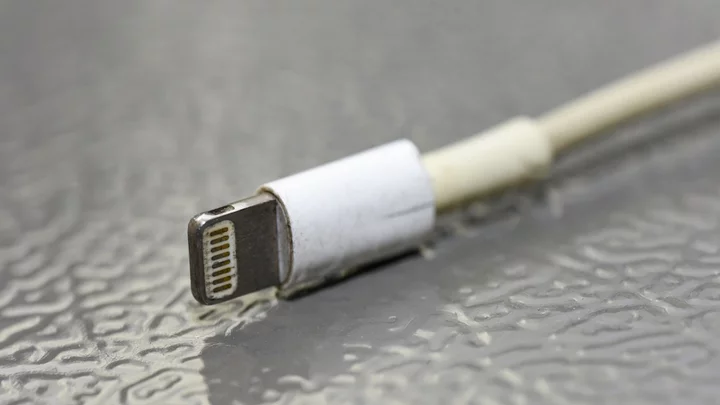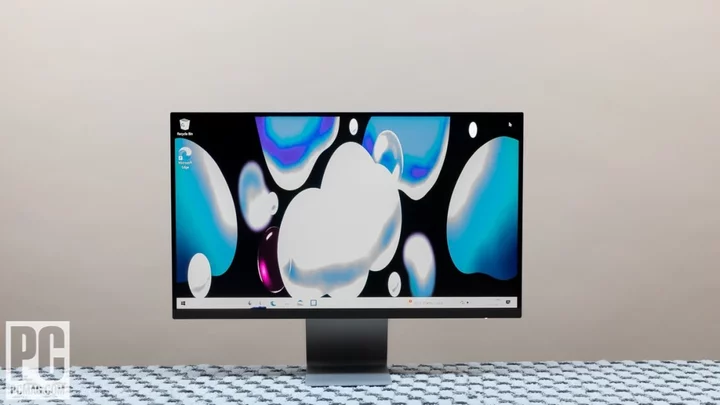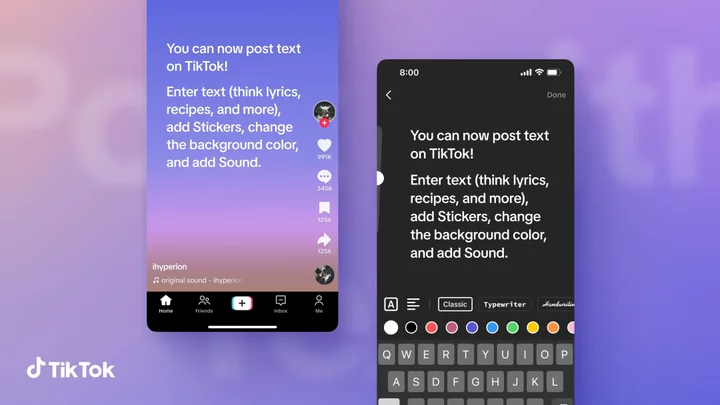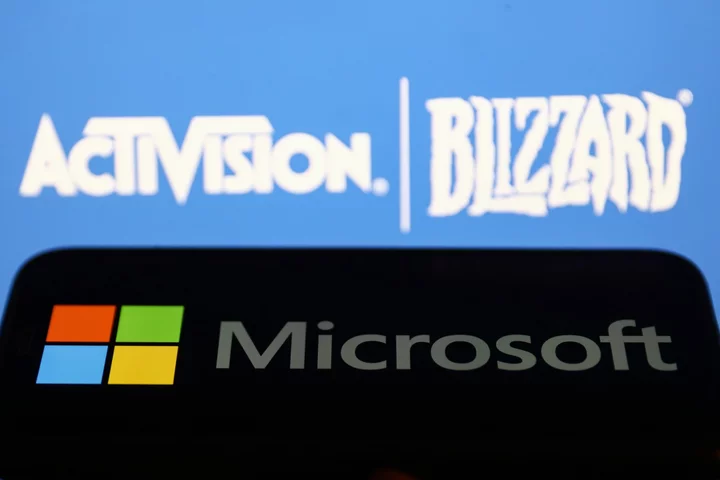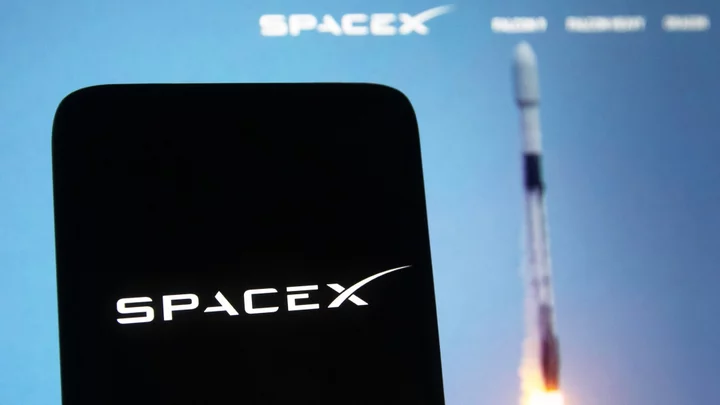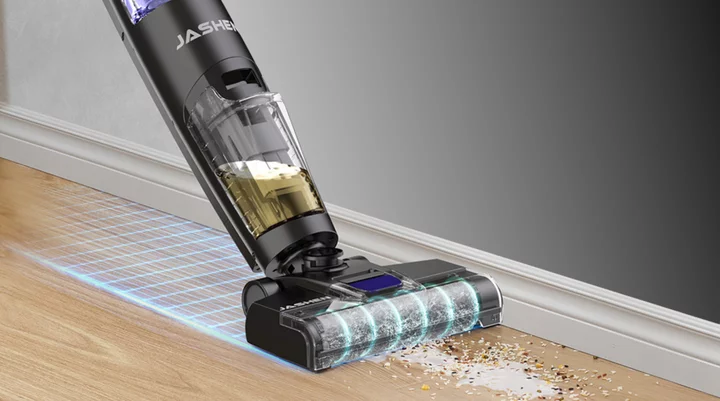When Apple introduced the iPhone 15 series on Tuesday as its first smartphones to feature a USB-C port, observers could be forgiven for thinking that this meant Apple had finally, officially consigned its proprietary Lightning connector to the IT office closet in the sky.
“USB-C has become a universally accepted standard,” iPhone product-marketing VP Kaiann Drance said in announcing the change. “It’s been built into Apple products for years.”
But Apple’s store continues to feature Apple products that require a Lightning cable to recharge–including all of its desktop keyboards and pointing devices, a majority of its Bluetooth headphones and one older iPad model.
And since many of those peripherals are likely to outlast the computers they serve, the need to fish out a Lightning cable to recharge an Apple product will probably persist for years following the Sept. 22 release of the iPhone 15, 15 Plus, 15 Pro, and 15 Pro Max and even after Apple stops selling older, Lightning-required iPhone models at cheaper prices.
Apple Magic Keyboard With Touch ID (Credit: ackery Cuevas)Consider the example sitting on my desk, the Magic Keyboard with Touch ID and Numeric Keypad that Apple shipped in 2022. That $179 input device and a smaller, no-number-pad $149 version represent Apple’s only options for people who want the convenience of Touch ID biometric authentication on a Mac desktop, so of course I bought one to accompany my Mac mini.
But when this keyboard’s battery runs down—or it drops the Bluetooth connection to my Mac for some never-explained reason—I have to fish out the USB-C-to-Lightning cable that came with it and that is useless for every other computing device I own.
Apple’s $79 Magic Mouse 2 and $129 Magic Trackpad 2 also require Lightning to recharge—and because that rodent has its Lightning port on its bottom, you can’t use it while it charges, a design failure that Apple has ignored since the mouse’s 2015 debut.
(The prices for the mouse, trackpad and numeric-keypad keyboard are $20 higher if you want them in black; unpacking the greedy weirdness on display there will have to wait for another post.)
Apple AirPods (Credit: Tim Gideon)And although Apple updated the AirPods Pro Tuesday with a charging case that uses USB-C, the rest of its headphone lineup remains in a Lightning limbo. The $129 2nd-generation AirPods, the $169 3rd-generation AirPods, and the $549 AirPods Max all need that now-deprecated cable.
The same goes for the $99 1st-generation Apple Pencil, the only kind supported by the 10th-gen iPad that Apple introduced last year. Until Apple updates that stylus, tablet purchasers who want the Pencil’s finer input have to use a dongle to pair and charge it via the iPad’s USB-C port.
The 9th-generation iPad, still sold by Apple starting at $329, also requires Lightning to charge. But because it’s also the only currently sold Apple tablet left with a headphone jack, it can’t be long for Apple’s world. Apple did, however, quietly drop two other Lightning-required charging accessories this week: the MagSafe Battery Pack and the MagSafe Duo Charger.
(Apple did not answer a query about possible USB-C replacements for these gadgets, not that we expected a company that doesn't comment on unannounced products to comment on unannounced products.)
And the same external force that pushed Apple to join the USB-C club with its new iPhones will force it to make the same transition on these other products no later than October of 2024. That’s when the European Union regulation requiring USB-C charging on most portable devices will go into effect. And as the EU made clear in its October 2022 announcement of this “common charger” rule, it covers not just phones, tablets, and headphones but also wireless mice and keyboards.
That regulation, however, does not require a company to put a mouse’s charging port in a spot that lets you use the thing while it charges, so the Magic Mouse’s worst feature may live on even as Lightning finally dies.

